How Much Does A Rwanda Safari Cost? | Best 2025 Tour Guide
How much does a Rwanda safari cost? A night on a Rwanda Safari can cost from $100 to $1,500 per person. An inexpensive Rwanda safari can be valued at $180 per person while a midrange Rwanda safari can be valued at $400. Luxury/ upmarket safari lodges might cost $1,500- $5,500 or more per night.
The Rwanda trip guide below readily explains how to choose a destination that fits your budget and provides a highlighted breakdown of the average cost of a Rwanda safari. Feel free to choose the trip that best suits your travel requirements from the variety of trips that our website offers, which range in length from one to twenty days.
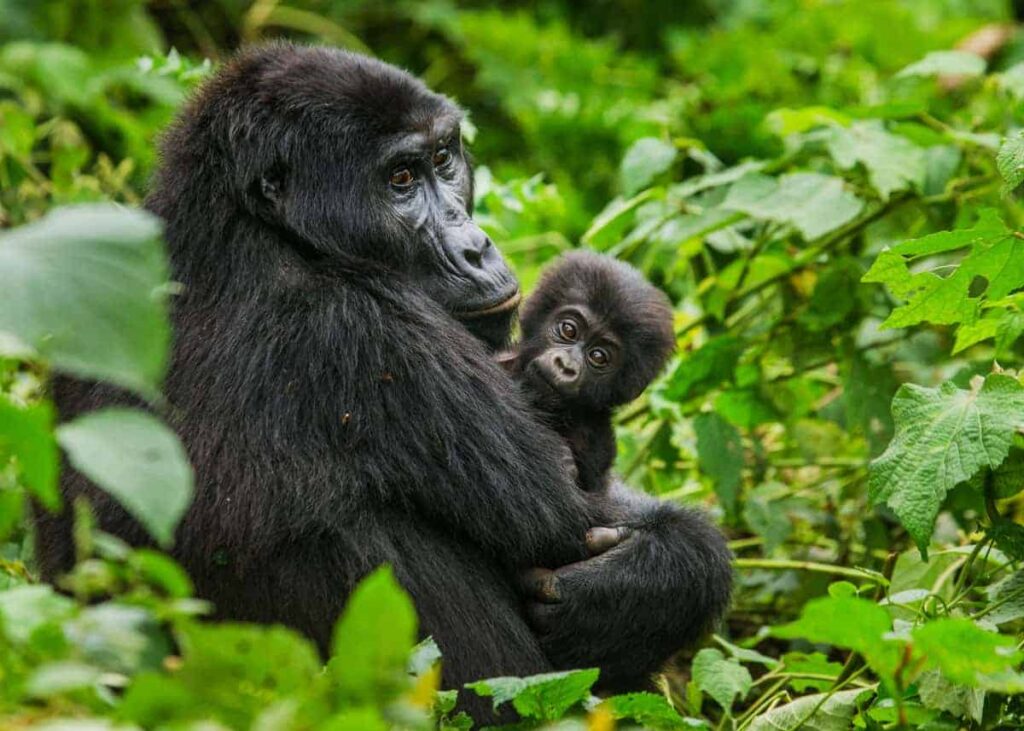
Brief Glance: How much does a Rwanda Safari Cost?
- 1. Duration of the safari
- 2. Travelling season
- 3. The destinations you intend to visit
- 4. Level/ category of accommodation
- 5. Number of people on the safari
- 6. Choice of activities
- 7. Fly-in safari or Overland/drive-in
- 8. Location of the accommodation
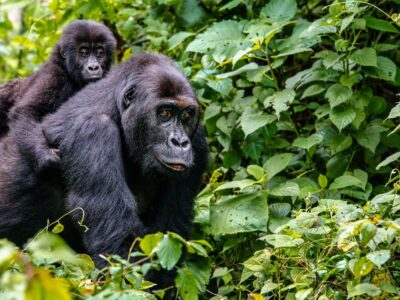
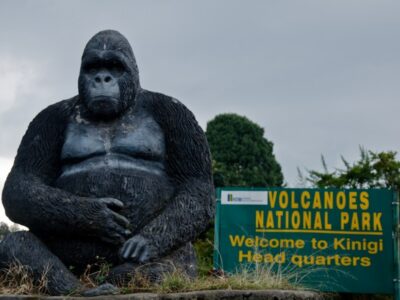
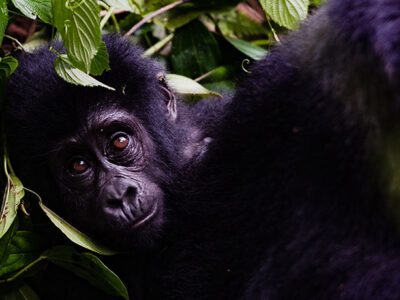
Detailed: How much does a Rwanda Safari Cost?
-
Duration of the safari.
It is unnecessary to let you know that the period you spend on a Rwanda trip influences the cost of the safari. The more days on the safari with the tour operator, the less money you will be charged per day. You should also keep in mind that the more days you spend on the safari, the more money you will spend. The length of the African safari is influenced by the factors below.
-
- Budget: This is the most important element that will determine the length of your Rwanda safari. The more money you are willing to spend, the more days you can spend in each national park or destination.
- The number of destinations you intend to visit: Paying a visit to than one destination will signify that you will be spending at least one day on the road transferring to the other destination. (That’s unless you are flying). This will directly increase the total number of days you intend to spend on your Safari.
-
- Animals being sought after: If you are looking forward to having a glance at either the gorillas or chimpanzees, you may wind up spending more days on your safari than an individual traveling to Africa to see lions or elephants.
- Length of the International Flight: If you have a lot of connecting flights from your home country, you will end up having a longer trip duration on your safari than someone who has direct flights.
-
- Resting Time: If you will have so many connecting flights, you may need to have one or two days at leisure to recover from the jetlag and during this time, you can do city tours or buy some souvenirs to take back home.
- How fast you get bored: If you are just interested in the basic feeling of being on a Rwanda safari but you easily get bored, you might want to spend a few days out in the bush and mix up your activities to keep things fascinating.
-
Traveling season
The cost of safari packages and lodging is frequently high in East Africa for tourists planning to visit the area during the summer vacation season or during the busiest travel seasons (June, July, August, and September). Many tourists, especially those on a tight budget, may be put off by safaris’ exorbitant prices. They can also make safaris unaffordable for a lot of tourists.
In the off-season, safaris are more reasonably priced, so crossing it off your bucket list is simple. Traveling in the off-season could result in significant cost savings on hotels and packages. During the off-peak months, rates may drop by 20 to 40 percent. In general, flights are less expensive during off-peak hours.
-
The destinations you intend to visit
Your destination highly influences the safari costs. Supposing that the places you intend to visit are very far from the city center, then the cost of your safari will escalade but if they are nearer, you will spend less. The activities you want to take part in throughout your safari will also determine the safari costs. The Southern part of African safari, as compared to Eat African safari is believed to be less expensive but the good thing is that it has exceptional destinations to visit. Take time and go to Africa without getting concerned about the fascination of the world.
-
Level/ category of accommodation
Your preferred category of accommodation plays a major role in the cost of a safari. There are good budget lodges ranging between $100-200 us dollar per night on a full board basis. There are luxury options that range between $500-5000 per night. Depending on your budget you can go for budget, mid-range or luxury-level accommodation. Other than the length of the safari, the level of accommodation can be a very way to adapt the safari to fit your budget. If the quotation you receive is lower than your anticipated price then you can upgrade to luxury some nights during the trip.
-
Number of people on the safari
Because they can split the cost of the vehicle, guide, lodging, and petrol, the number of persons traveling together has a significant effect on the overall cost of the safari. When everyone has a window seat, safari firms’ extended safari land cruisers may accommodate up to seven passengers. The cost will be higher if you are traveling alone since no one else will be sharing the operational expenditures, but it will be less expensive per person if you are traveling with family or friends because you will all be sharing the costs.
-
Choice of activities
The choice of activities plays a vital role in influencing the cost of a safari. For example, a beach holiday safari has scheduled activities with most days that take entrance fees and sometimes other charges. Gorilla trekking is an activity that brings many tourists to Uganda and Rwanda. Gorilla trekking is the activity that stands out as the most expensive (a single gorilla trekking permit in Uganda goes for $700 and $1,500 in Rwanda). When planning a safari, you for sure wish to get the most out of it and spend enough time in the national parks, but to keep the price down village walks, community tourism, and relaxation can be mixed in on some days.
-
Fly-in safari or Overland/drive-in
Transportation by road or air is a paramount factor to put into consideration in planning a safari. While flying in general is more expensive, it is the most efficient and well-organized means of transportation, transferring you between lodges easily and with enough time to enjoy activities at both lodges. Travel by road can be draining, covering considerable distances on dusty roads in safari vehicles and it consumes a lot of time. Nonetheless, overland travel accords you the opportunity to have a glimpse of the countryside and local villages between destinations and may give you a more realistic glimpse into a day in the life of the people whose country you are visiting. For some travelers, this is the best way to go.
-
Location of the accommodation
Rates of hotels within the national parks are always higher than the rates of those outside the national parks. Staying outside the parks is a wonderful way of saving money. The disadvantage is that you will usually miss the first rays of the brightness of the night if you do this. You are also likely to miss out on the fascinating and eye-catching views. During day and night time are ideal times for game viewing.
Booking your tour directly with a local tour operator.
Booking your tour directly with a local tour company means cutting the costs of middlemen travel agents overseas that tend to take huge commissions. The same applies to online travel agents like Trip Advisor and safari bookings. They tend to take huge commissions from listing tours from African tour and travel companies as a result, the price tends to be higher if you book through these agents. Most companies in Africa pay between $100-150 per inquiry from safari booking.
Paying a lot of money doesn’t mean that the experience is the best
It is unjust that African safaris for so long are packaged as exclusive activities for the rich. At Jim Jam Safaris, we take into account the middle-income earners and we trust that every client should have the ability to explore the continent regardless of their level of income. We have tailored safaris that suit the needs of every client from self-drive safaris to luxury, budget, and midrange safaris.
At the end of your safari with us, you will have an unforgettable experience that we believe will last for a lifetime.
Several people have inquired about the difference between a budget and a luxury safari. The truth is that the price you pay doesn’t reflect the quality of the experience. Some clients prefer luxury travel while others prefer self-drive or even budget. Sleeping on your 4X4 rooftop tent costs less per day than sleeping in a hotel yet all experiences are amazing! If you are that kind of traveler who prefers exploring Africa on your own in a rented 4X4 car then you will have more fun than someone sleeping in a luxury lodge.
End: How much does a Rwanda Safari Cost?
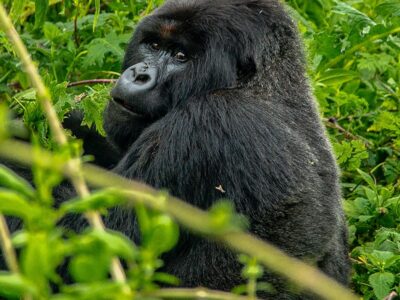
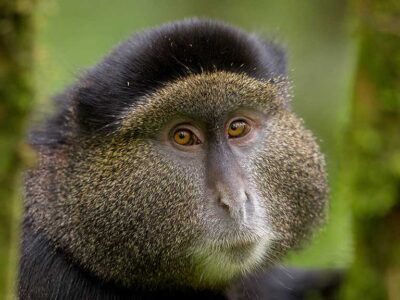
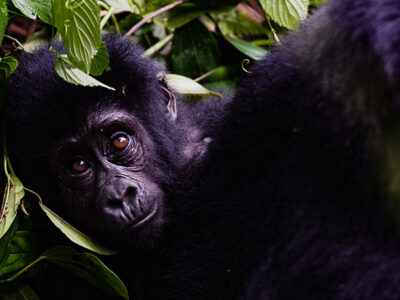
Travel Advice From JimJam Safaris
We cater to all ages, budgets, interests, and fitness levels. Our team can assist with queries about tours, Accommodations, bookings, and Affordable Luxury destinations. We will respond to your Inquiry as soon as possible. Our team of friendly and service-minded Safari Consultants is available to assist you in making a private personalized tailor-made Safari Itinerary and to answer all questions you might have. Are you dreaming of Wildebeest Migration? Gorilla Trekking in Africa? Honeymoon In Africa? or Africa’s Big 5 Experiences? Start Planning for Your Affordable Luxury African Safaris with JimJam Safaris & Tours Africa.